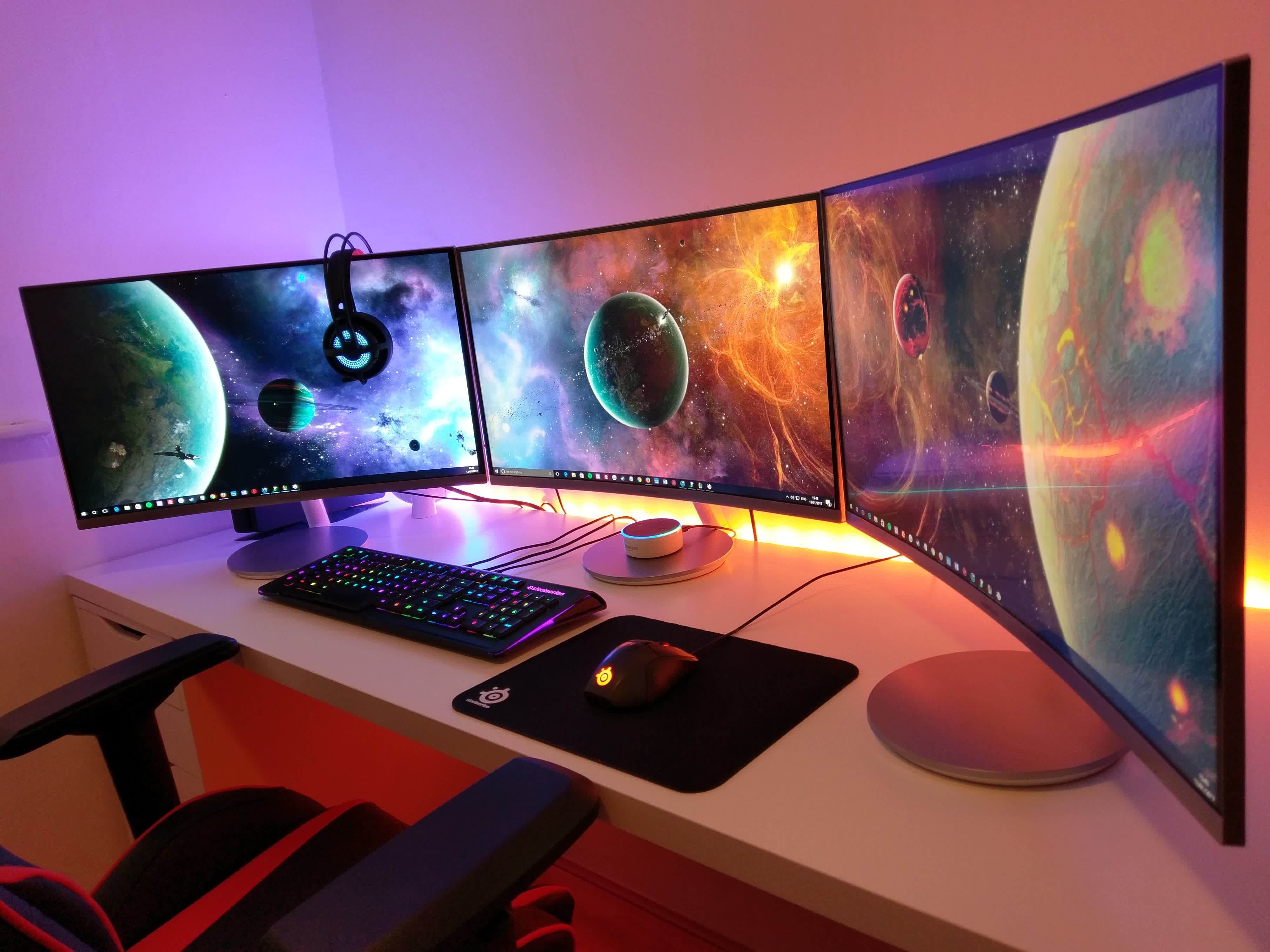Why it matters: PC enthusiasts with multi-monitor setups will soon get a few quality-of-life improvements in Windows 11. Microsoft is currently testing some tweaks to the logic governing how Windows interacts with a mix of high-resolution and high-refresh-rate displays. The changes will enable per-monitor refresh rate settings and should reduce power consumption and system noise.
While most of you have yet to upgrade to Windows 11, Microsoft has been busy polishing its rough edges and adding new features to improve the overall user experience. Notable improvements include a tabbed interface for File Explorer, enhanced phishing protection, per-game Auto HDR settings, a new account lockout policy for blocking brute force attacks, fixes for game stuttering issues, and more.
Microsoft also has a number of improvements in the works for the upcoming Windows 11 23H2 update, including better multi-monitor support. The company is currently testing a feature that will make it a lot easier to use multiple high refresh rate monitors, with the added benefit of lower power usage and better GPU temperatures during light workloads.

To that end, the software giant has changed the refresh rate logic to allow different refresh rates on different monitors, depending on how you are using each one and the content being displayed on it. This should help some graphics cards run at lower temperatures, which translates into lower fan noise or near-silent operation for models with support for a "Zero RPM" mode.
This is an area where AMD's RX 7000 series graphics cards have been particularly problematic, with users still reporting issues even after the latest driver update.
The latest Canary Channel Windows 11 build also includes Dynamic Refresh Rate (DRR) enhancements for laptops and 2-in-1s. If you're using Battery Saver, Windows 11 will soon be able to automatically lower the refresh rate of your screen to squeeze more run time in before you need to plug in your charger.
Masthead credit: Seyed Sina Fazeli
